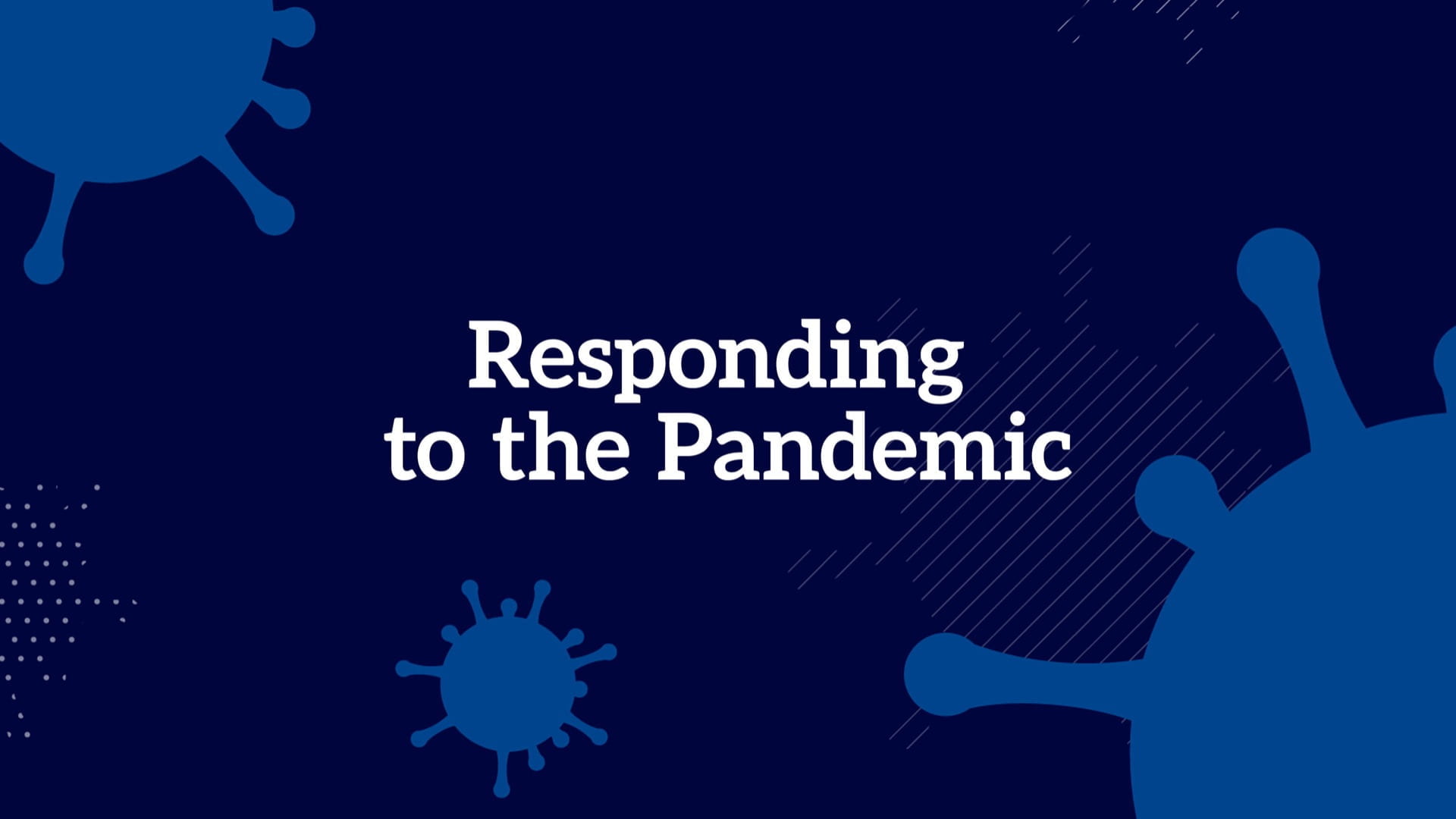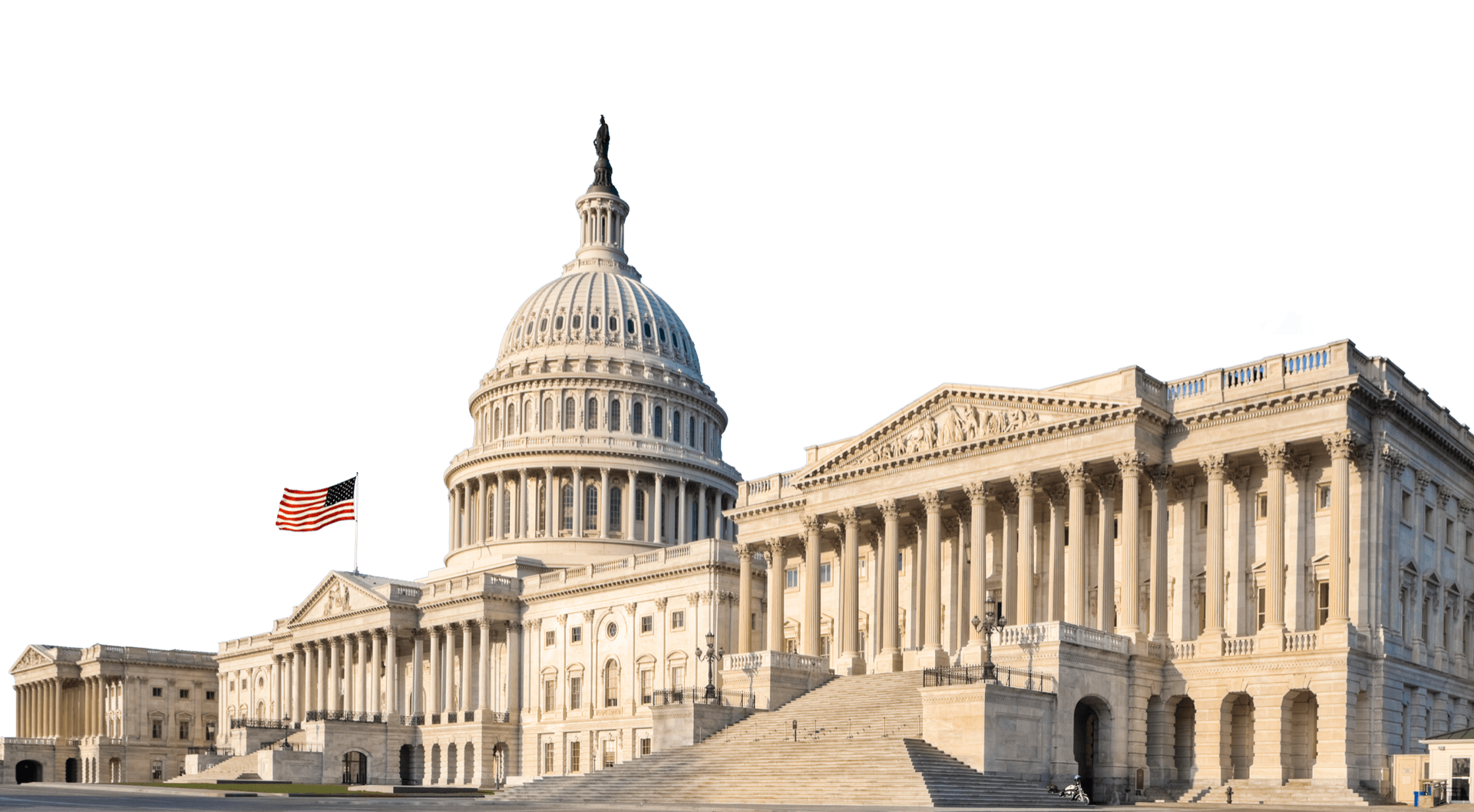
Mincing Words: Making research available to policymakers during COVID-19
Taylor Scott, research assistant professor in the Edna Bennett Pierce Prevention Research Center and associate director of the Research-to-Policy Collaboration (RPC), leads a team of researchers who have worked since 2015 to connect the nation’s lawmakers with researchers and studies to inform their policies.
With the advent of COVID-19 in 2020, the RPC saw the need to digitize these connections and put research more efficiently in the hands of legislators.
“Working with legislators tends to be very old school—lots of handshakes and business cards. When the pandemic started, the Research-to-Policy Collaboration realized we needed to adapt and—more importantly than ever—we needed to translate science.”
At the start of the pandemic, legislators’ main priorities became shepherding relief efforts and responding to constituent concerns, leaving little time to understand the research needed to inform these decisions. With funding from a Huck Institutes of the Life Sciences COVID-19 seed grant, the RPC worked with researchers to create easily digestible, digital fact sheets that legislators could put to immediate use.
The Research-to-Policy Collaboration works to:
- Identify legislative priorities
- Gather a rapid response network of researchers and content experts to respond to those priorities
- Support legislative offices by coordinating a response based on their needs
With the advent of COVID-19 in 2020, the RPC saw the need to digitize these connections and put research more efficiently in the hands of legislators.
“Working with legislators tends to be very old school—lots of handshakes and business cards. When the pandemic started, the Research-to-Policy Collaboration realized we needed to adapt and—more importantly than ever—we needed to translate science.”
At the start of the pandemic, legislators’ main priorities became shepherding relief efforts and responding to constituent concerns, leaving little time to understand the research needed to inform these decisions. With funding from a Huck Institutes of the Life Sciences COVID-19 seed grant, the RPC worked with researchers to create easily digestible, digital fact sheets that legislators could put to immediate use.
The Research-to-Policy Collaboration works to:
- Identify legislative priorities
- Gather a rapid response network of researchers and content experts to respond to those priorities
- Support legislative offices by coordinating a response based on their needs
“We wanted to be creative and helpful without being a burden to the legislators and staffers who already had so many things to sort through. Recognizing that the pandemic affects everything, from domestic violence to racial disparities to substance use and recovery, we knew it was vital that we provide legislators with timely, scientifically validated information that would help them meet the needs of their constituents,” said Scott.
Hear from Scott about how the RPC adjusted its efforts during COVID-19.
This new approach led the RPC to work with researchers on fact sheets that address many topics related to COVID-19 and current social issues, including racial justice, health equity, child welfare, police reform, and substance use.
In May, the researchers presented a webinar to discuss the results. Over 500 people attended, including land managers from the National Park Service, the U.S. Forest Service, and the Bureau of Land Management.
Read more about the RPC response to these issues:
In addition to creating digital fact sheets and supporting now virtual relationships between researchers and policymakers, the RPC organized its first virtual congressional briefing, which became the largest it has hosted with over 100 legislators, staff, and other attendees. The success of the meeting underscored just how important and effective these new lines of virtual communication can be.
By establishing an online component to these relationships, the RPC has been able to amplify the impact of their work. Prior to COVID-19, researchers traveled to congressional offices to discuss research and outcomes, which could be used to inform policy. Now, both state and federal legislative offices are contacting the RPC with more specific requests, including requests for researchers to review proposals and answer questions related to other issues.
Additional funding from the William T. Grant Foundation and the National Science Foundation have allowed the RPC to begin collecting data on different types of messaging and ways of packaging research that are most effective and easily accessible for policymakers.
“Our job has always been to present things that are relevant to legislators. And as long as the pandemic is what it is, we’ll continue to promote relevant and useful research.”
“Our job has always been to present things that are relevant to legislators. And as long as the pandemic is what it is, we’ll continue to promote relevant and useful research.”
“At the end of the day, legislators need access to the most accurate and current research in order to make informed policy decisions. Moving forward, the RPC will continue to make sure that state and national legislators can easily understand what science is revealing about the pandemic and other vital issues for Americans.”
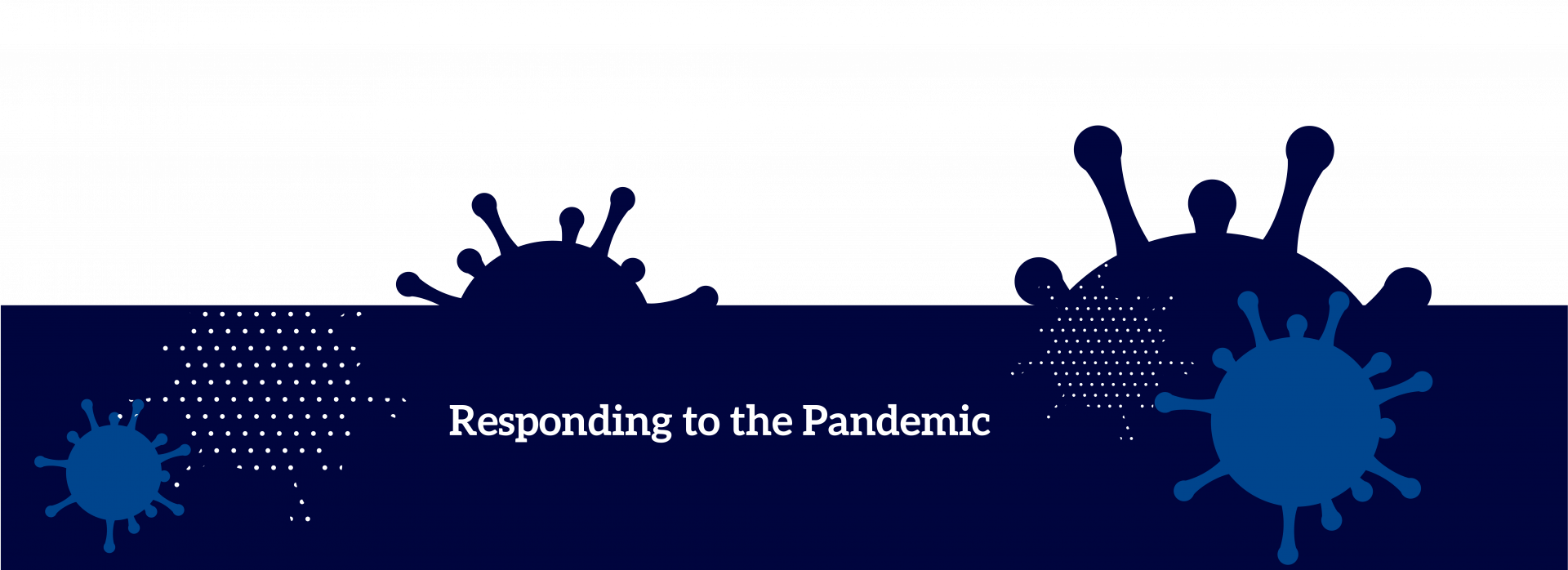
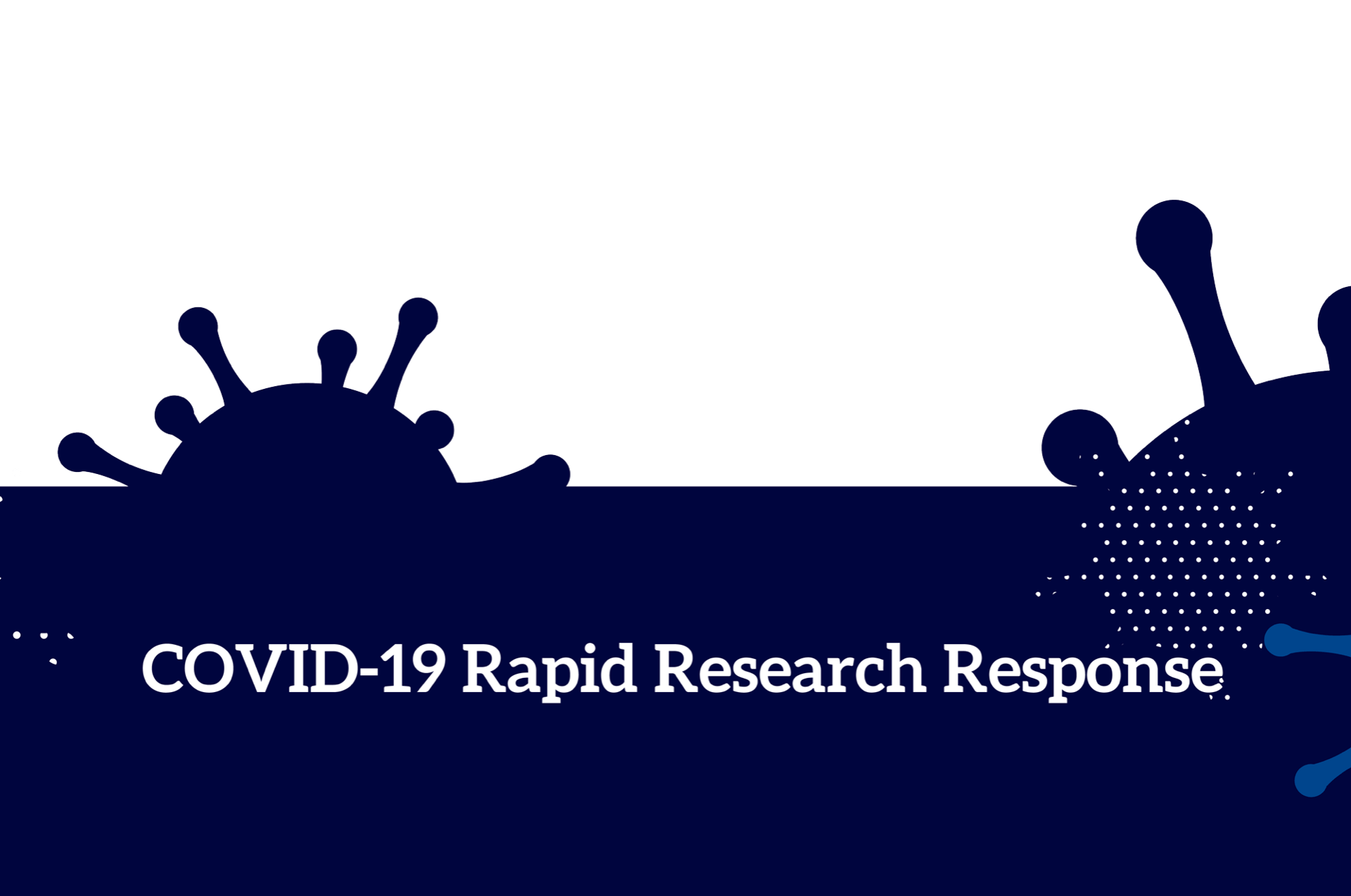
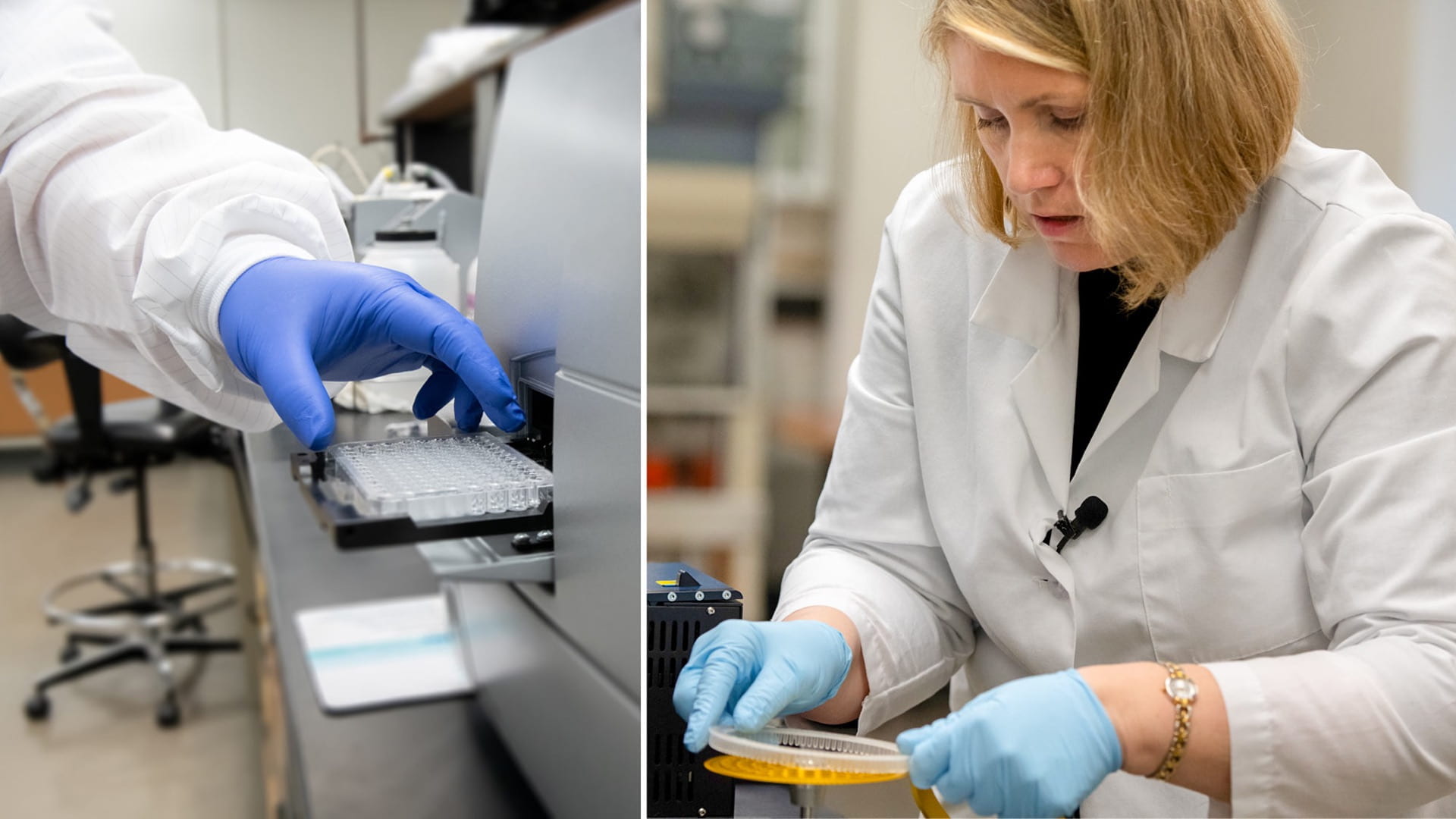
How the pandemic is affecting our communities, our lives, and our bodies

Rules of the wild: How America’s Wild Spaces are Adapting to the Pandemic
